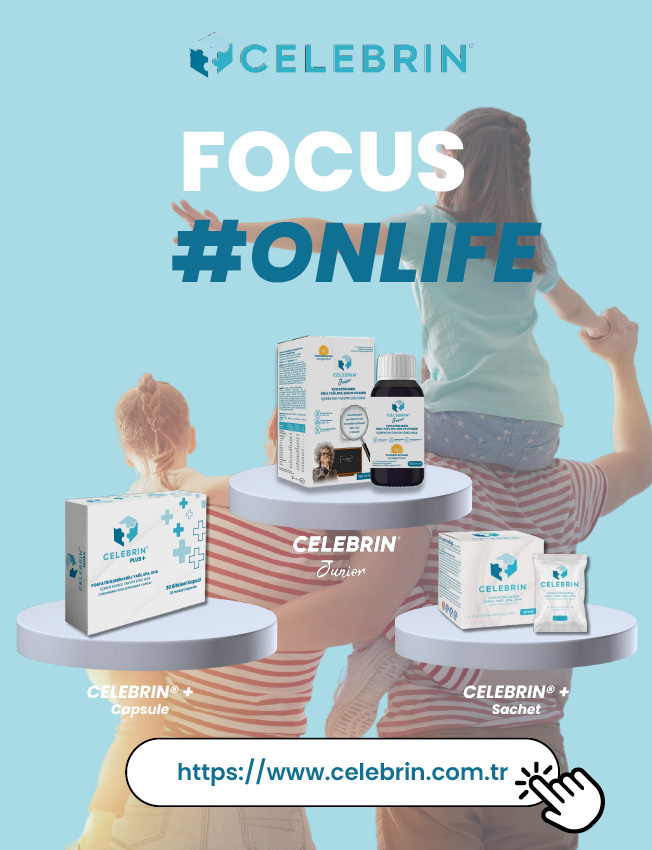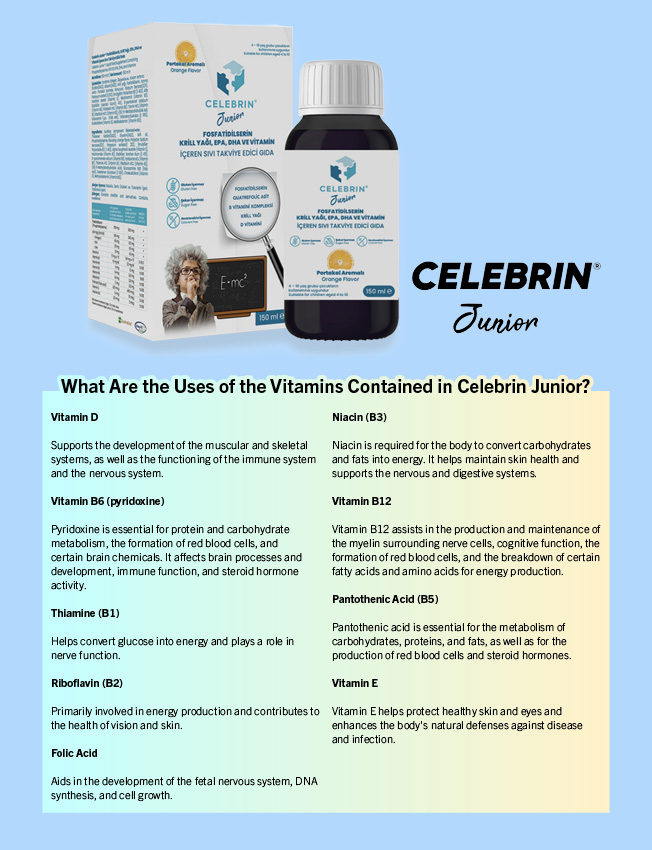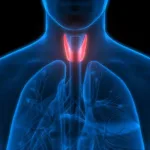Perimenopausal and Menopausal Periods: Bioidentical Hormone Therapy

Estrogen and progesterone hormones, known as female hormones in women, are responsible not only for reproductive functions but also for the health of the skeletal system, cardiovascular system, brain, and nervous system. We know that diseases such as osteoporosis, heart disease, dementia, and Alzheimer’s typically occur after menopause.
Additionally, it’s essential to remember that the body functions as a whole. If something goes wrong in one area, it can eventually disrupt the function of other organs.
The hormone production in our body can be likened to a factory. The adrenal glands are the production line of this factory, while the liver is the place where the produced hormones are broken down and eliminated from the body. The enzymes responsible for this mechanism are dependent on vitamins and minerals, and deficiencies in these nutrients, which we often overlook as simple, can gradually deteriorate our health.
To age healthily after menopause and avoid such diseases, it is recommended to consult with a gynecologist who approaches patients with a functional perspective, providing a comprehensive evaluation and offering suitable vitamin supplements and minimal doses of hormones tailored to your age.
The most feared issue regarding hormone medications is their association with an increased risk of breast cancer. This fear stems from the Women’s Health Initiative (WHI) study published in the early 2000s. In this study, the hormone medications given to women were not bioidentical; they were oral pills containing the same dose of hormones for a 30-year-old as well as a 50-year-old. The estrogen in these medications was derived from horse estrogen, and the progesterone was entirely synthetic, unlike the biochemically similar progesterone in our bodies. The body recognized this difference, and the adverse effects began to be observed around the third year after their introduction to the market.
Since the 2010s, with the introduction of bioidentical hormone therapy, which aims to mimic the body’s natural hormones, and the absence of side effects associated with hormone use, this approach has gained acceptance and is being applied in many countries for the improvement of women’s overall health.









